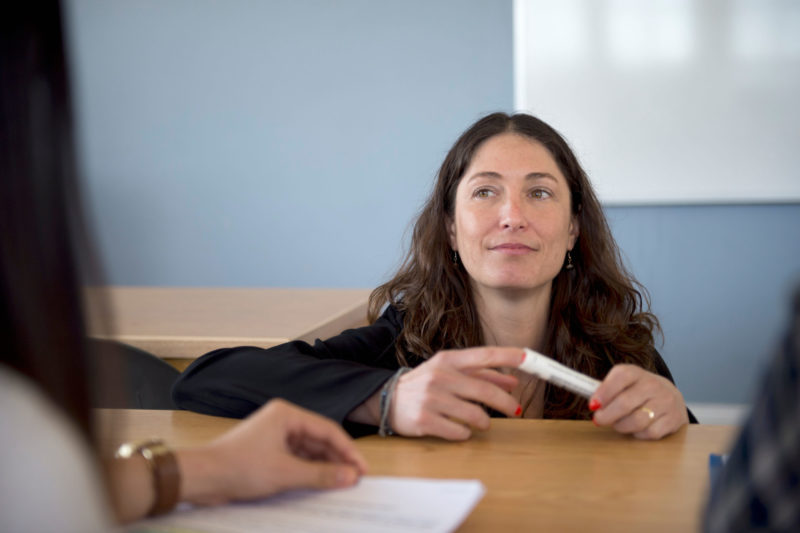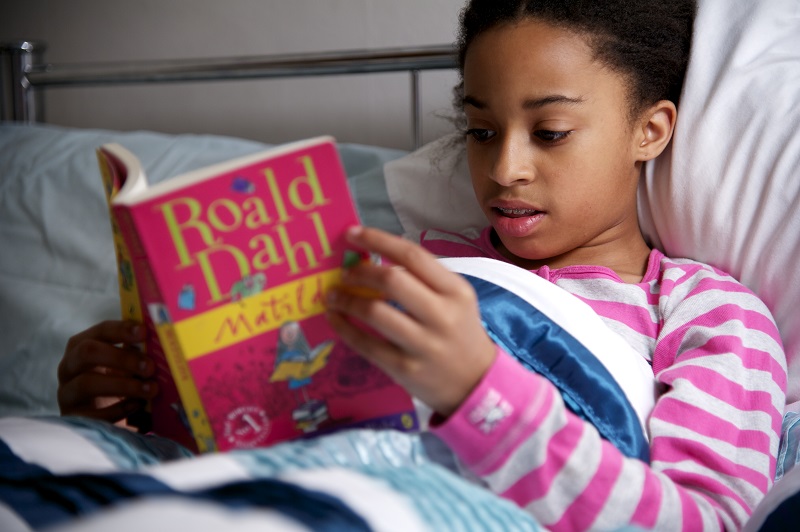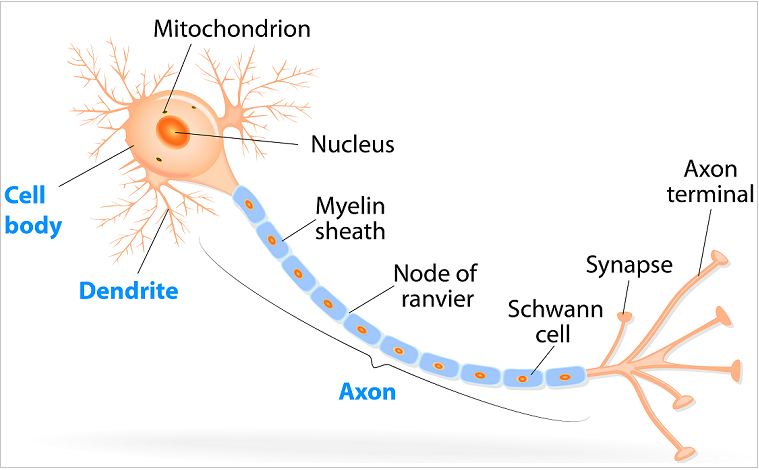
I’m on the “coronacoaster”: one minute I’m up and the next I’m down – it’s an emotional rollercoaster. Most of the time, I feel like it’s all fine and we are just in a new normal, but in the blink of an eye, I’m flying by the seat of my pants, heading down with the […]
Read more



